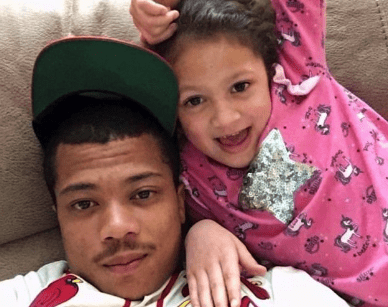The gap of mortgage applicants denial rates between Black and white applicants has widened over the past two years, limiting access to homeownership and opportunities to build wealth

– Black applicants are denied a mortgage at a rate 84% higher than white applicants, an increase of 10 percentage points since 2019.
– Credit history is the most commonly cited reason that Black applicants are denied a mortgage.
– Black homeownership is at 44%, far below the peak of 49.7% set in 2004
Black applicants are denied a mortgage at a rate 84% higher than that of white applicants — a big jump from 2019, when the disparity sat at 74%. In the U.S., 19.8% of Black applicants are denied a mortgage, the highest among all races, and much higher than the 10.7% of white applicants who are denied. Black applicants have the highest denial rates in Mississippi (31%), Louisiana (26.1%), Arkansas (26%) and South Carolina (25.8%).
“Homeowners have seen a plethora of housing gains during the pandemic, but the growing disparity between Black and white homeownership rates and home values paints the picture of who those winners actually are,” said Zillow economist Nicole Bachaud. “While credit borrowers overall are stronger now than ever, the gap in credit access is growing along racial lines. Policies and interventions that target the barriers keeping Black Americans from homeownership are keys to achieving housing equity.”
More than 6% of Black applicants are denied based on credit history, accounting for over one-third (37%) of all Black borrower denials. Limited traditional financial services in Black and other communities of color is a significant factor in credit history. Black communities have a higher number of nontraditional services, such as payday lenders, which contributes to poor credit health.
While the Black homeownership rate has risen from the depths it hit following the Great Recession, it remains far below the peak of 49.7% reached in 2004. Becoming a homeowner is the first step — but hardly the last — in the journey to housing parity. Black-owned home values continue to lag behind those of other races, and are still worth 16.7% less than homes overall. Black-owned home values are appreciating at higher rates than homes overall, but would take over 22 years to catch up, at this year’s forecast rates of growth.
Households of color, as well as renters and lower-income households, were more likely to report encountering housing and economic challenges due to the pandemic. Black households were more likely than white households to report a job or income loss and difficulty keeping up with mortgage or rent payments. This disproportionate impact of the pandemic on Black households has stalled efforts to close gaps in credit access, homeownership, home values and mortgage denial rates, slowing the journey to equity even more.
While there has been progress in increasing Black homeownership since the Great Recession, there are still many challenges on the way to achieving equity. Closing the credit and financial access gap is a good start to get more Black renters on the path to homeownership. The recent adoption of policies by Fannie Mae and Freddie Mac allowing rental payments to count towards credit history is a step in the right direction and a good example of how policies can be used to target these issues. Zillow recently launched a down payment assistance tool on all for-sale listings to help potential buyers see the number of potential down payment assistance programs that may be available to them.


